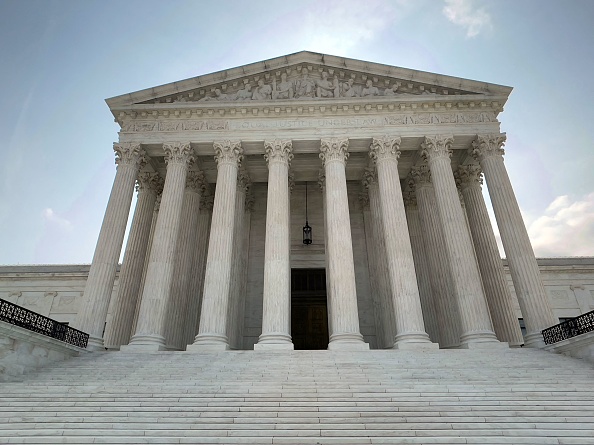By Alex Brown, Stateline.org
In recent years, some states have invested in air quality monitoring, applied extra scrutiny to permitting decisions and steered cleanup funding to minority communities that have borne the brunt of pollution for decades.
Now, in the wake of the U.S. Supreme Court’s recent decision striking down race-conscious college admissions policies, state lawmakers are facing a new conundrum: Can they remedy environmental racism without mentioning race?
“The [Supreme Court] majority really reinforced the idea that a generalized government policy of rectifying past discrimination would not pass constitutional muster,” said Emily Hammond, an environmental law expert and professor at the George Washington University Law School.
Lawmakers are scrambling to figure out what the ruling will mean for their environmental justice efforts. In some states, legislators expect lawsuits to threaten their policies. The question is whether they can defend those measures in court, or if they need to revise the laws in a race-neutral way to ensure they’re not struck down.
Studies have shown that communities of color face disproportionate levels of air and water pollution, less access to green space and significant health disparities as a result of those factors. Such communities often have been carved up with highways, refineries, fossil fuel plants and waste dumps.
“We want to acknowledge the harms we have done as a state with our environmental laws, with permitting, with waste and pollution, and reduce the harms to communities that have been impacted more, which are historically communities of color,” said Minnesota state Rep. Fue Lee.
The Democrat helped champion a law passed this year that forces regulators to consider cumulative pollution effects before issuing air quality permits in certain areas, including tracts with 40% or more nonwhite residents. But he acknowledged that lawmakers should prepare to revise those criteria if legal…
Read the full article here







